HISTORICAL GEOLOGY LAB FINAL REVIEW
1/81
There's no tags or description
Looks like no tags are added yet.
Name | Mastery | Learn | Test | Matching | Spaced | Call with Kai |
|---|
No analytics yet
Send a link to your students to track their progress
82 Terms
The 5 Properties of a mineral?
naturally occurring, inorganic, solid, Definite crystal structure, Specific chemical composition.
hardness of your testing materials used in the lab, including your fingernail and a steel nail
- Fingernail: 2.5
- Copper Penny: 3
- Glass: 5.5
- Steel Nail: 6.5
The most common mineral group on the planet
silicates
Know the difference between granite and basalt (felsic/mafic? SG? Intrusive/extrusive?)
Granite
- Felsic Igneous
- Intrusive Igneous
- SG of 2.5 - 2.6
Basalt
- Mafic Igneous
- Extrusive Igneous
- SG of 2.8 - 2.9
Which mineral will fizz when you drop HCl acid on it
Calcite
how to classify detrital/clastic sedimentary rocks
Classified by grain size/ particle size.
how to differentiate between conglomerate and breccia
conglomerates have rounded grains showing that it has been tranported further
Breccias have sharp angular grains which indicates not so long of a transportation.
how chemical rocks form
formed from the precipitation of dissolved components from water.
the protolith of marble
Limestone
difference between foliated and non-foliated rocks
Foliated: visible layering in metamorphic rocks
Non-foliated: no visible layering in metamorphic rocks
difference between quartz sandstone and arkose sandstone
quartz sandstone possesses a majority of quartz while arkose has feldspar.
Principal that states that layers of sediment that were deposited in water must have originally been horizontal
Law of original horizontality (none of the above in quiz).
An unconformity where sedimentary rocks are deposited over sedimentary rocks
Disconformity
(BLANK) occurs when an unstable isotope changes to a new element
radioactive decay
The amount of parent isotope remaining after 4 half-lives
6.25%
The amount of Daughter isotope present after 4 half-lives
93.75 (none of the above in quiz)
The carbon isotope system would be best used on material of which age
25,000 years
You have a sample that contains 25% 235^U (parent) and 75% 207^Pb (daughter). how many half-lives has this sample gone trough?
2
Given that the half life of 235^U to 207^Pb is 713 million years, how old would a sample be after 3 half-lives?
2139 million years
The study of (BLANK) involves recognizing discrete events and placing them in the order in which they occurred
Relative dating
75% of the Earth’s suface is covered in which type of rock?
Sedimentary Rocks
Chemical sedimentary rocks like Halite, indicate cold and wet conditions
FALSE
Limestone is a clastic sedimentary rock
FALSE
Important organisms for producing carbonate sediment include
Marine algae, Corals, Sea Stars
Type of sedimentary structure that might form at the bottom of a deep lake
Laminations
Cross beds that are 10s of meters in height likely formed in which type of depositional environment
Desert
Carbonate rocks are commonly founding forming at the mouths of large rivers, like the mississippi river
False
Which of the following indicates multiple current directions
Symmetrical ripple marks
When the original mineralogy of the hard-part of an organism is replaced by a new mineralogy
Replacement
Form of preservation where empty spaces within an organism become filled with mineral rich groundwater, which later precipitates and fills the space
permineralization
process that was important for preserving the fossis from the glass mountains in texas
silification
process whereby sediment fills in the interior of a shell and lithifies. later the shell material dissolves away
internal mold
Fossilization process which is most likely to preserve soft tissue
carbonization
Trace fossil made from cyanobacteria
Stromatolites
Age of the glass mountains in texas
Permian
Amber is
Harden tree resin
Trackways left by organisms aren examples of body fossils
False
The correct order of the Linnean classification system from highest to lowest
Kingdom, Phylum, Class, Order, Family, Genus, Species
Trilobites belong to which group?
Arthropoda
Trilobites go extinct at the end of which Era?
Paleozoic
Which of these organisms grew to over 3 meters in lenght
Eurypterids
All brachiopods were sessile (they did not move)
True
Brachiopods have a between valve symmetry
False
This group has a five-fold symmetery pattern
Echinoderms
Trilobites
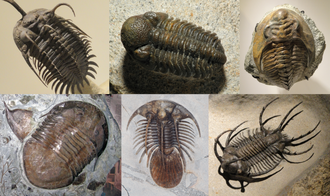
Echinoids
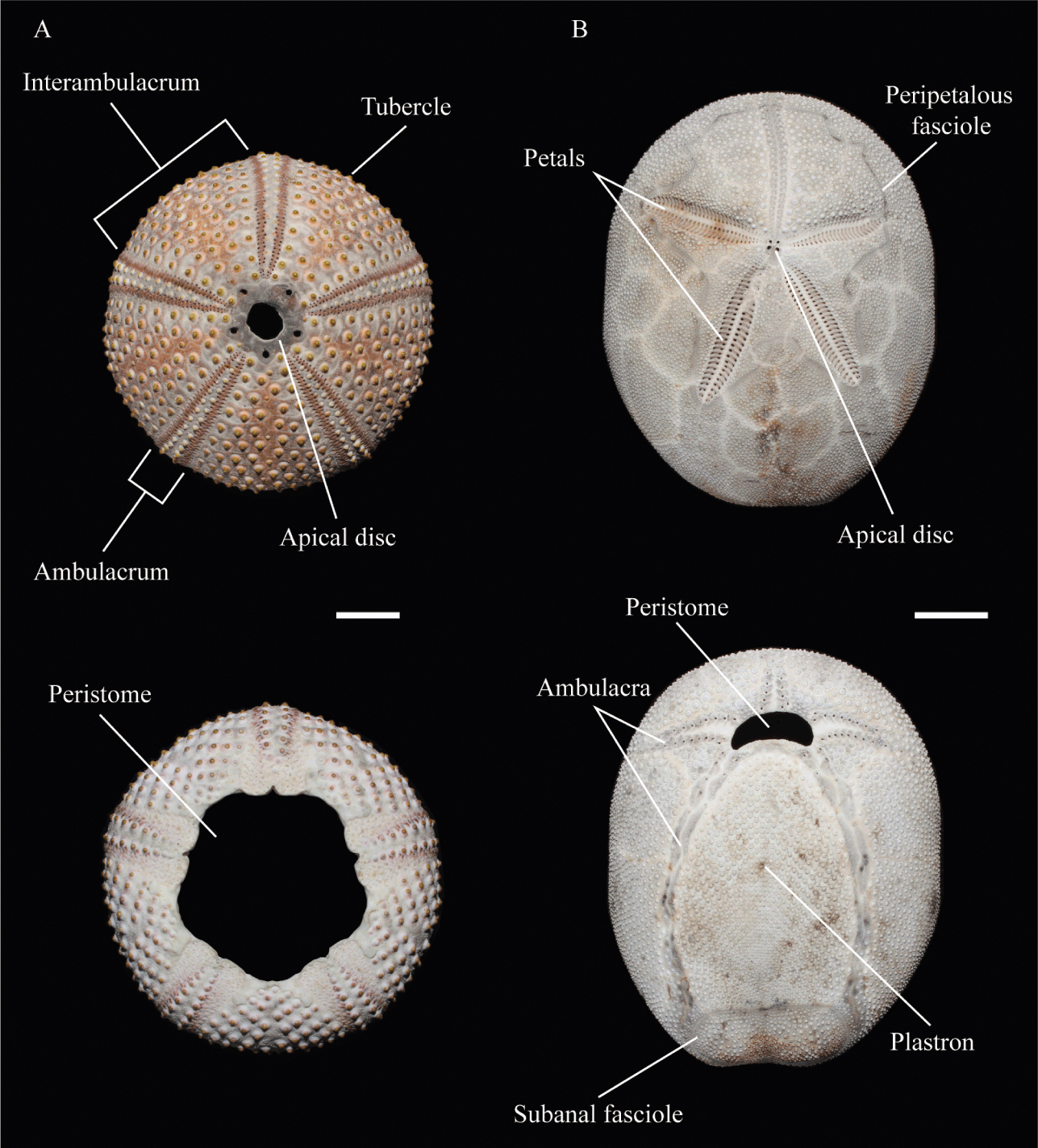
Brachipod
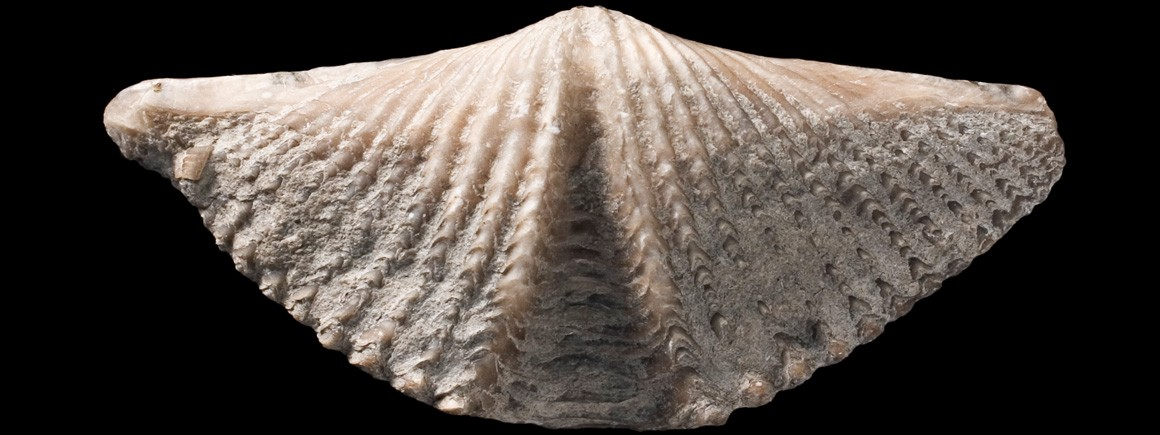
Crinoid
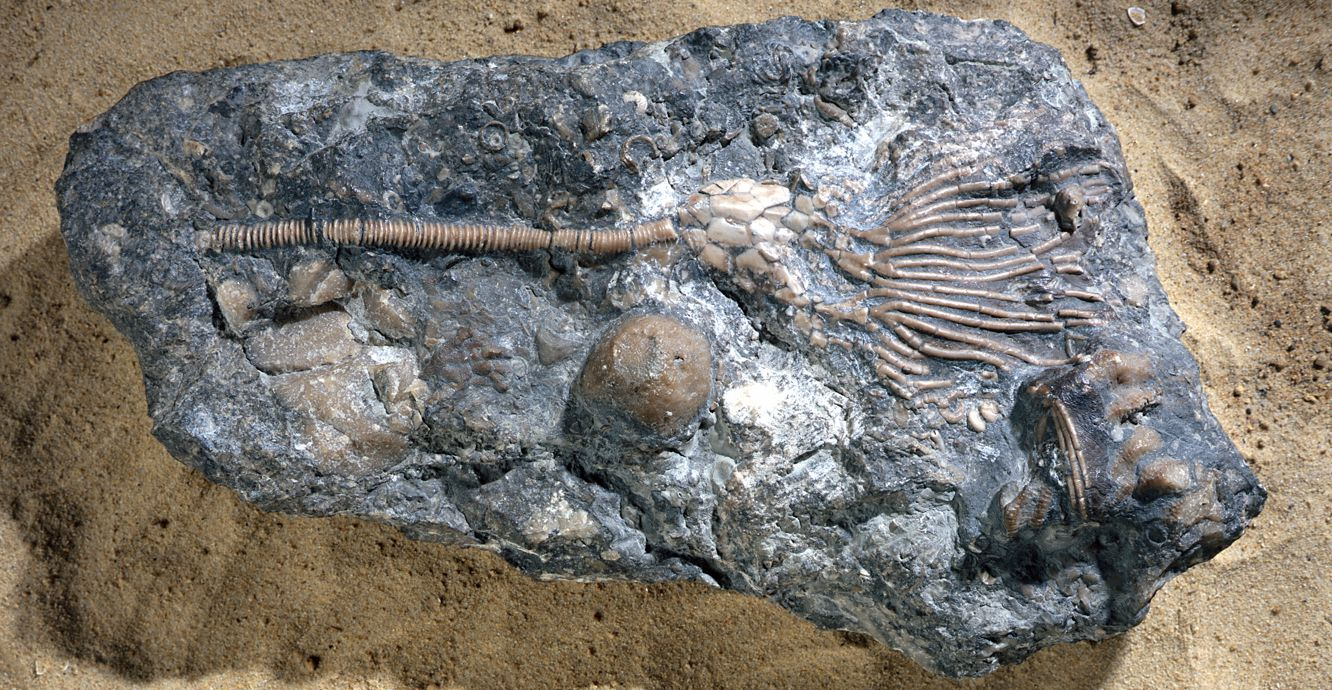
Bryozoan
Sponges
The first mass extinction of the phanerozoic occurs at the end of which time period?
Ordovician
At the end of the permian the configuration of the continents most resembled
one large land mass
what happens to sea level from 95 to 66 MYA
It goes down
During the (blank) period, dragonflies had wingspans up to 6ft
Carboniferous
what is the name of the supercontinent that formed 1800-1500 MYA?
Nuna (none of the above in quiz)
Todays corals host symbiotic algae called Zooxanthellae
True
Today’s primary reef building organisms are
corals
which of the following is NOT a mollusk
Brachiopods
Bivalves that live burried in the sediment are called
Infaunal
The earliest reef building organisms in the rock record were
Archaeocyathids
Name for a modified feeding structure in gastropods that is a ribbon like organ studded with rasping teeth that is used for scraping vegetation or detritus
Radula
The number of days in a year has (blank) through geologic time
Decreased
Name for the extinct group of permian sharks you saw in lab
Xenacanthids
Group to which small reptiles, like Cardiocephalus, belong
Microsauria
Dimetron is a dinosaur
False
Dimetron is a diapsid
False
Carlsbad Caverns were formed by (blank) acid dissolving he capitan limestone
Sulfuric acid
The Bats in carlsbad caverns provided wich of the following benefits
The eat lots of bugs (pest control)
Seasonal Laminations, like those found in the castile formation evaporites, are called
Varves
The Sequence below represents a
LIMESTONE
SHALE
SANDSTONE
OLD LAND SURFACE
Transgression

Belemnite
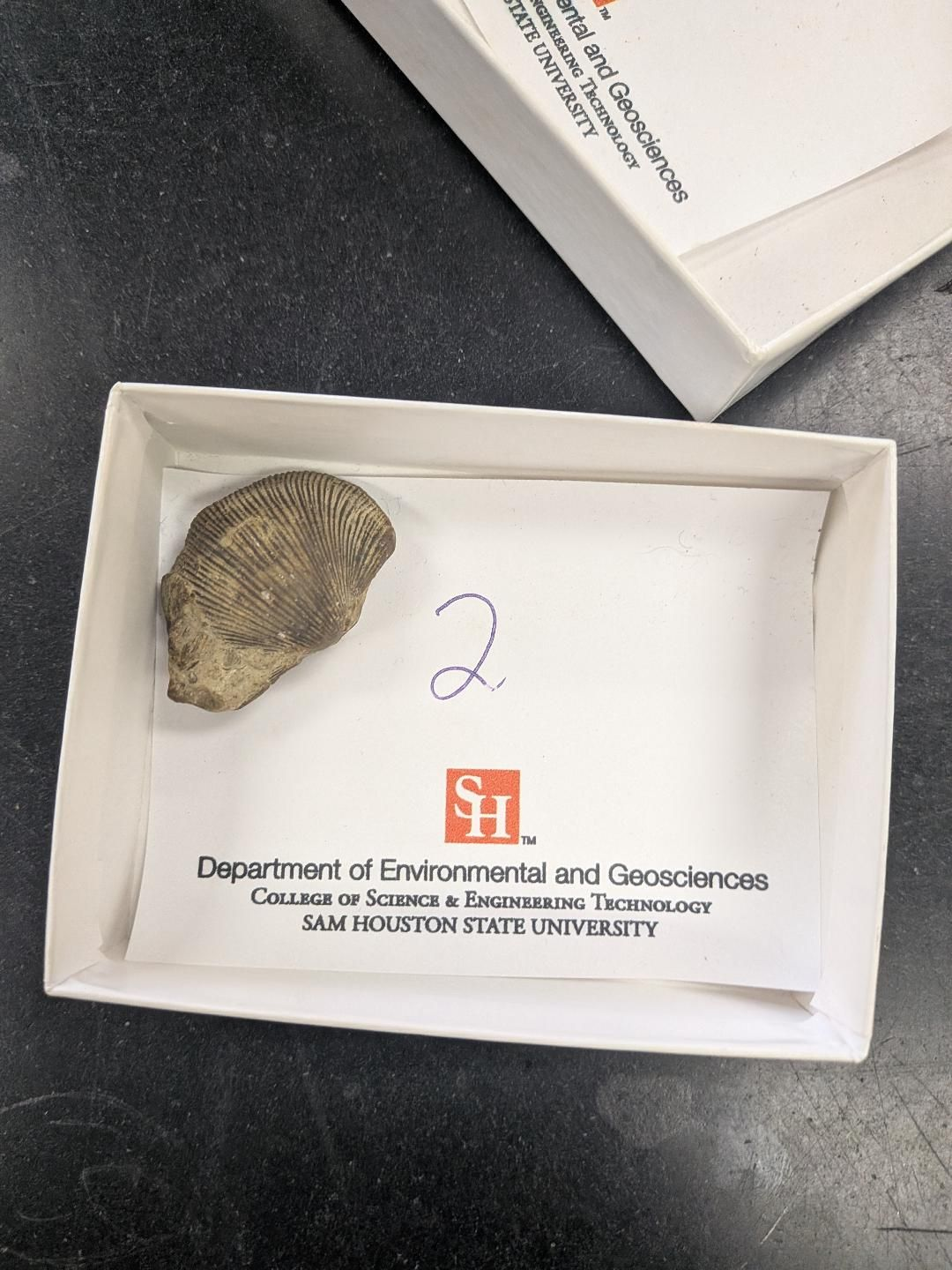
Bracciopod

Calcite (test with acid)
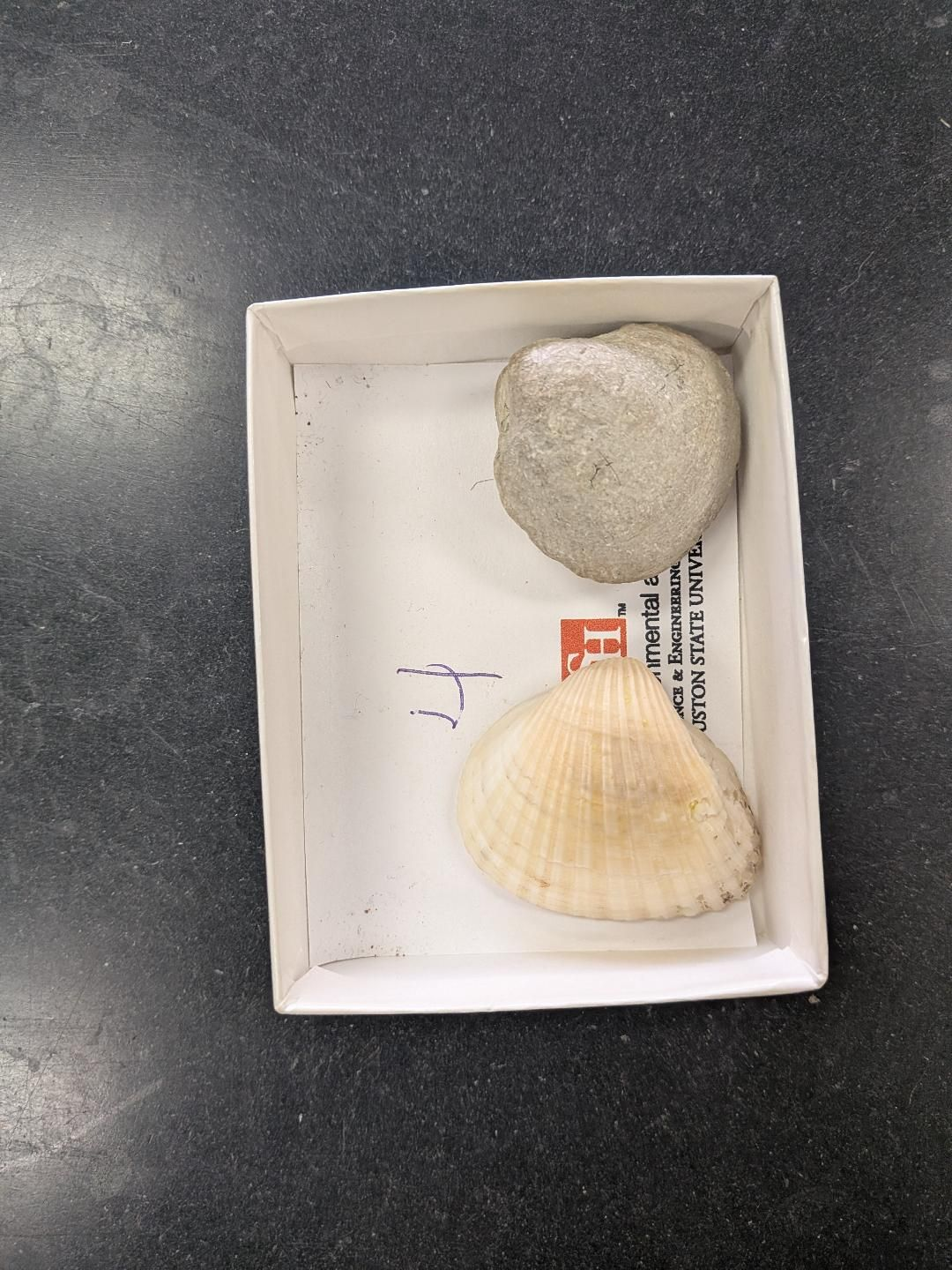
Bivalve
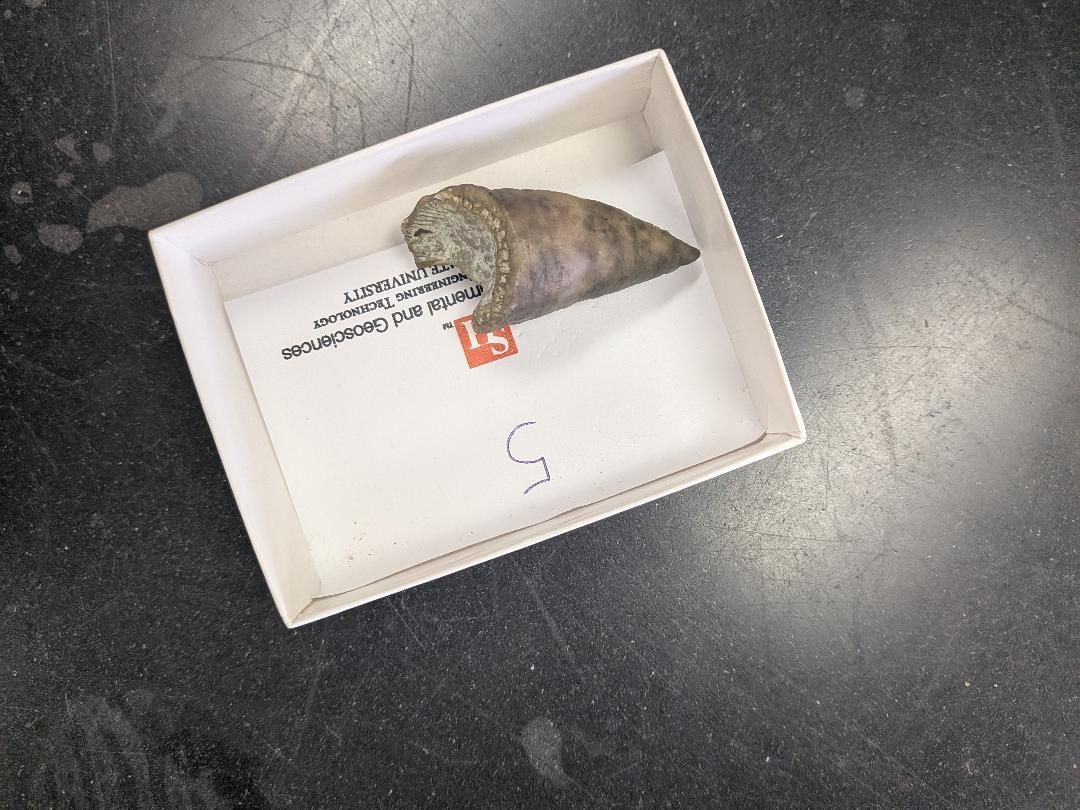
Rugose coral

Basalt
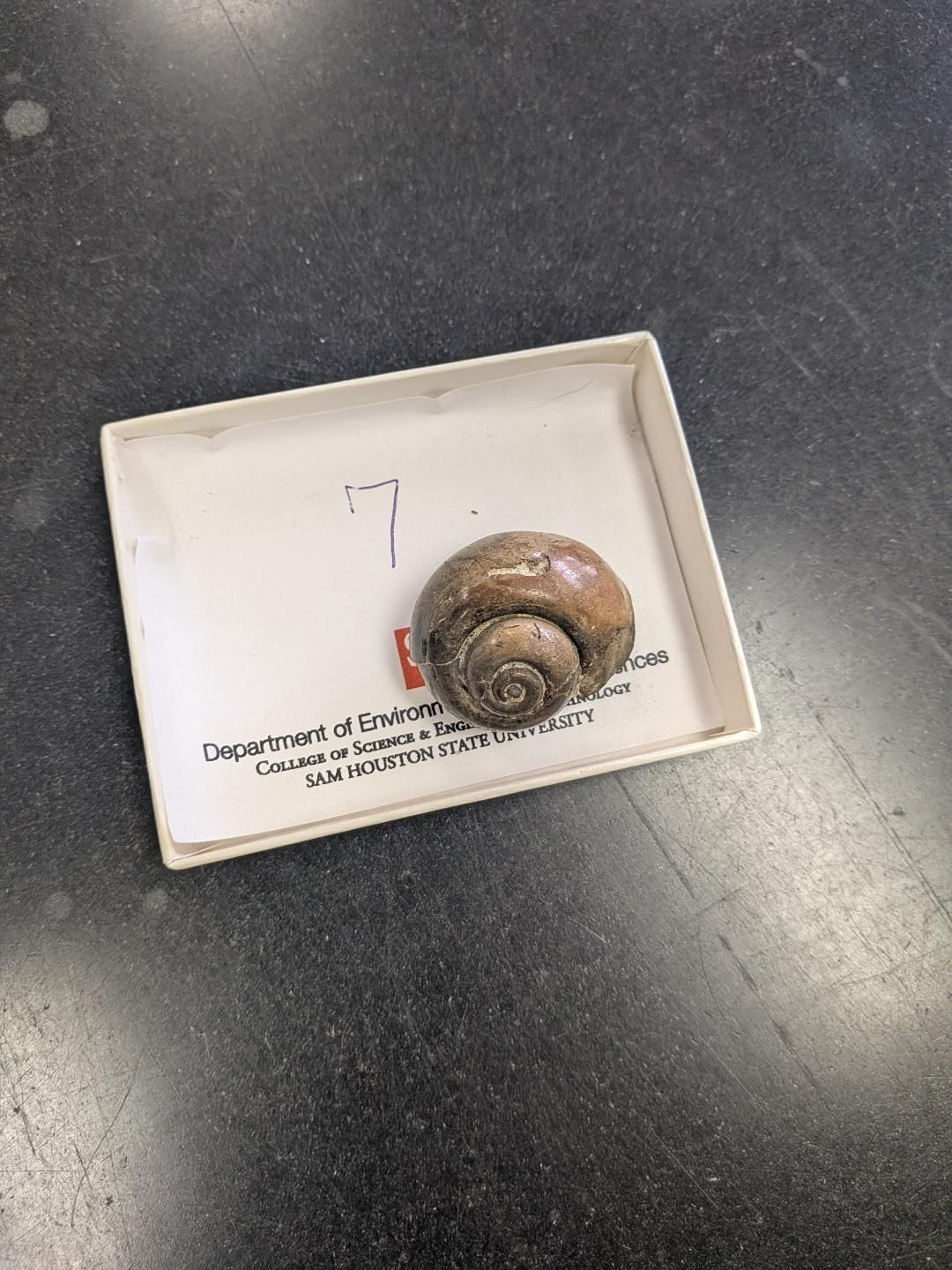
Gastropod
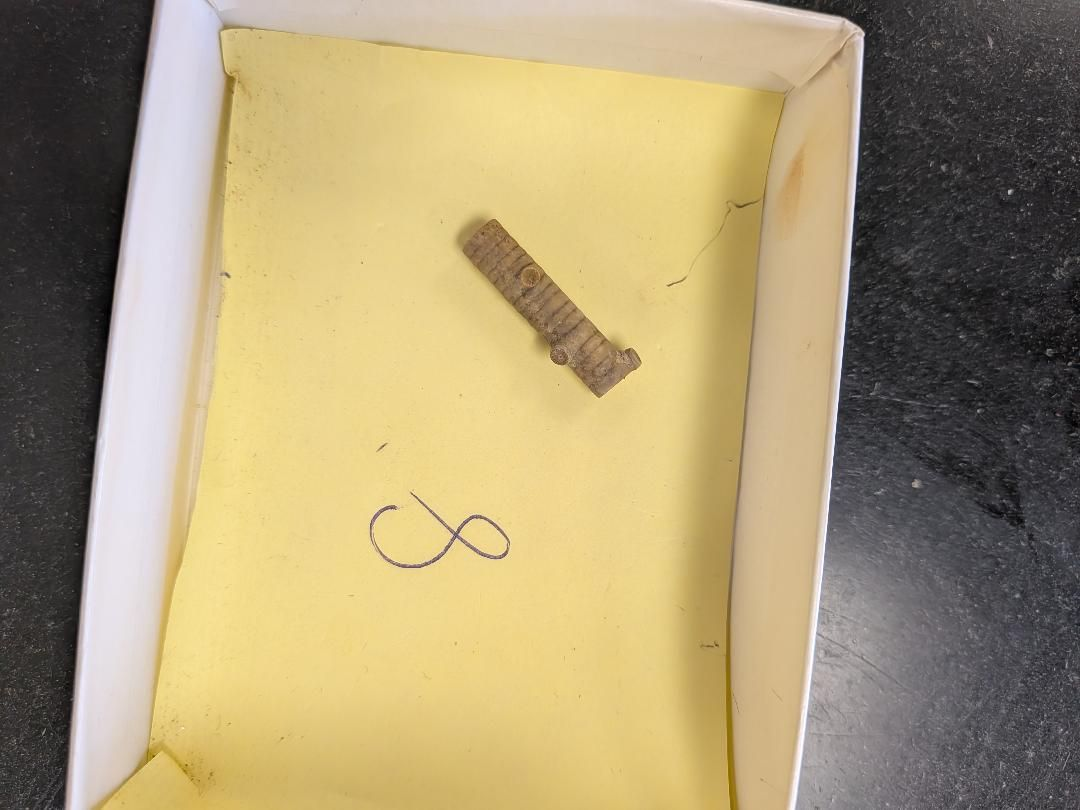
Crinoids
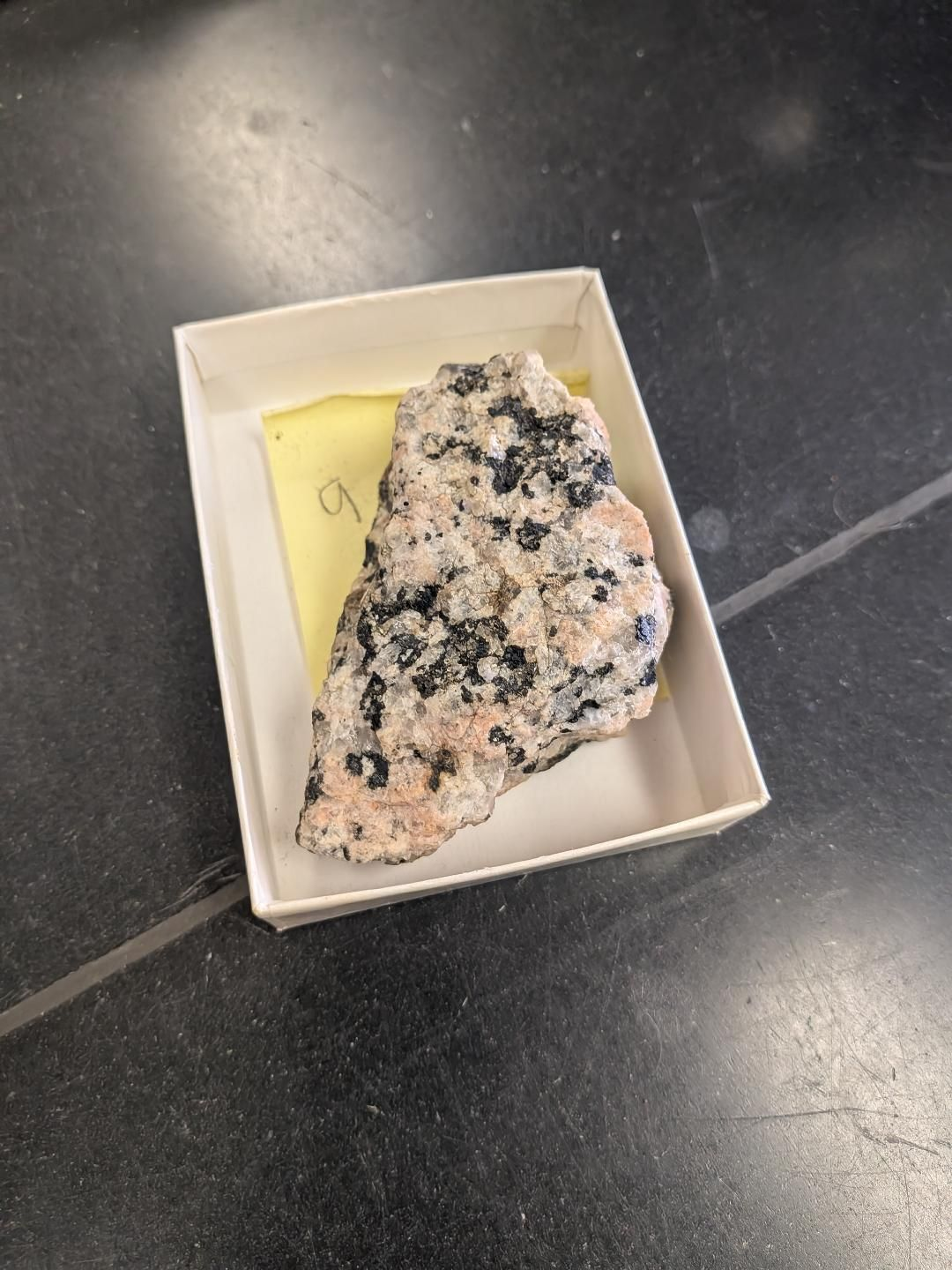
Granite
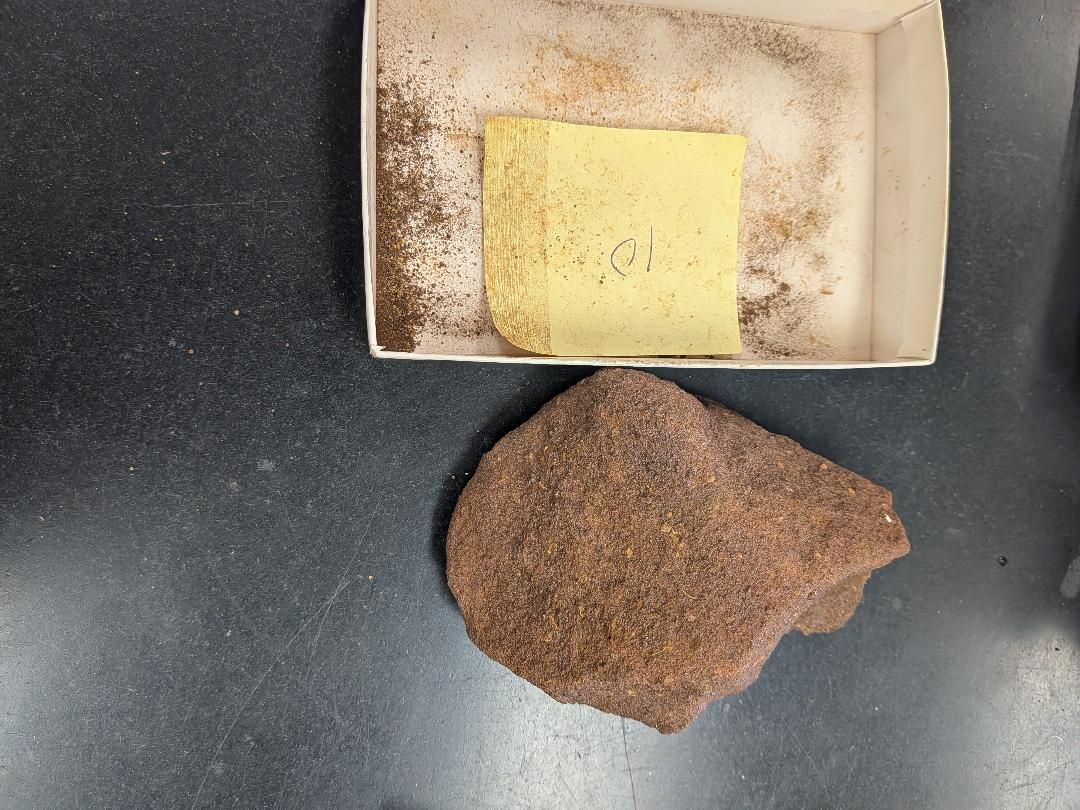
Sandstone

Sclerectinian Corals
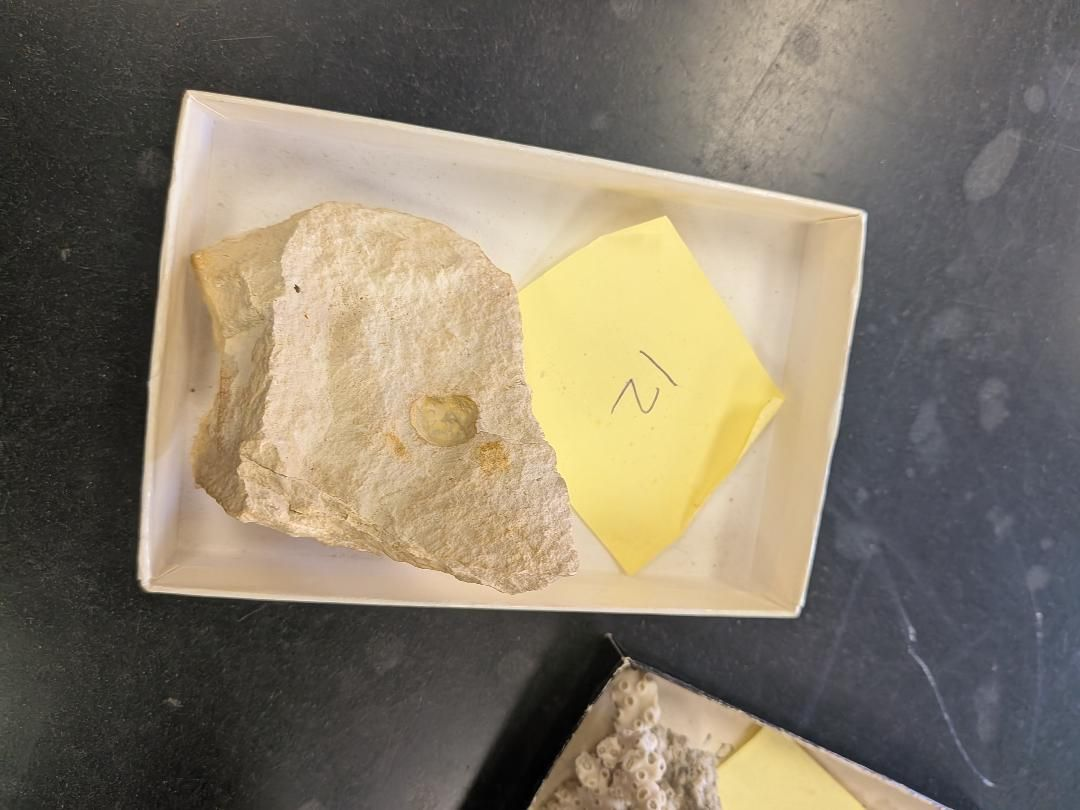
Limestone
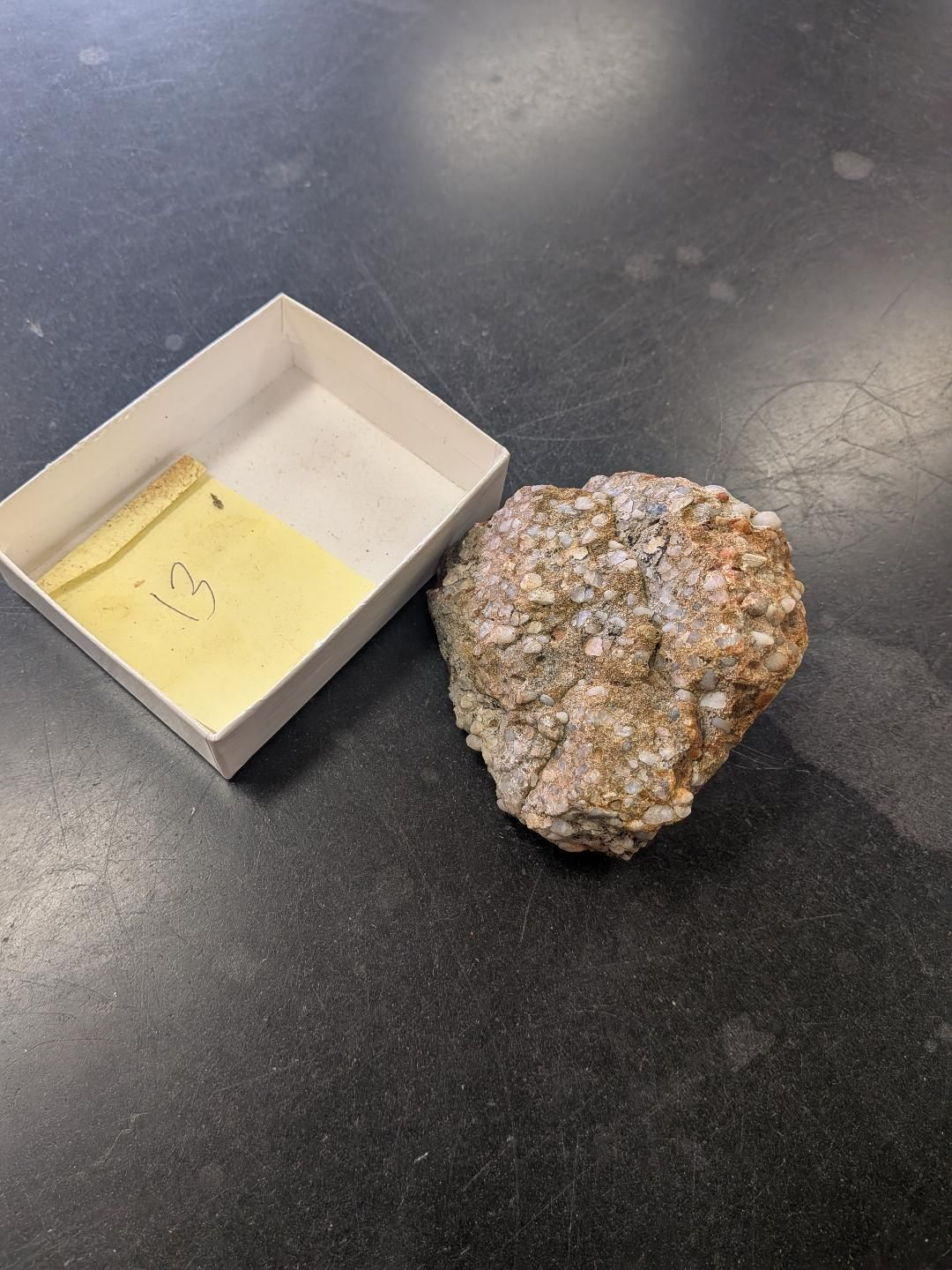
Conglomerate